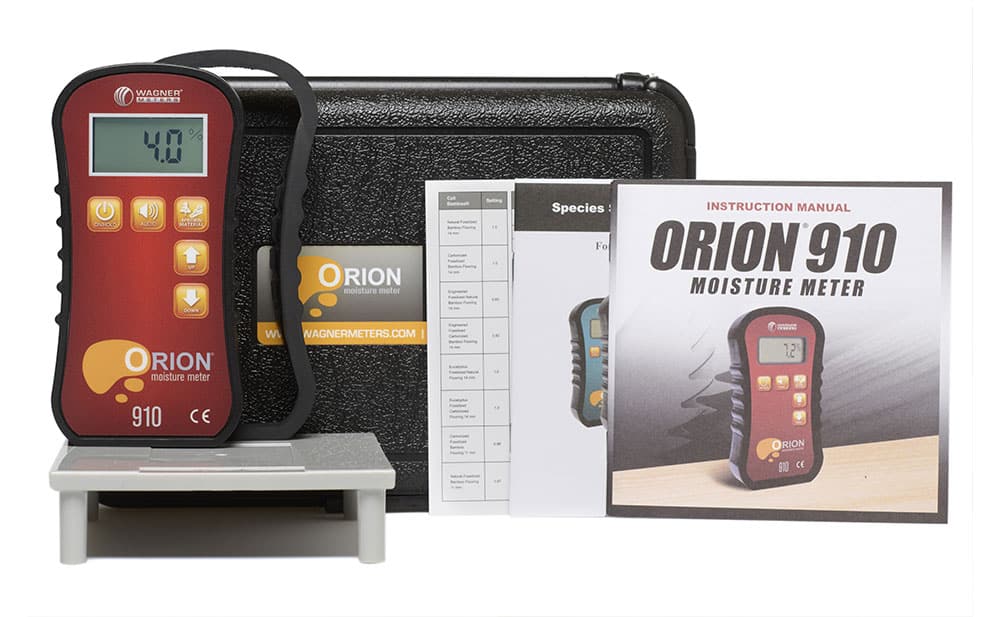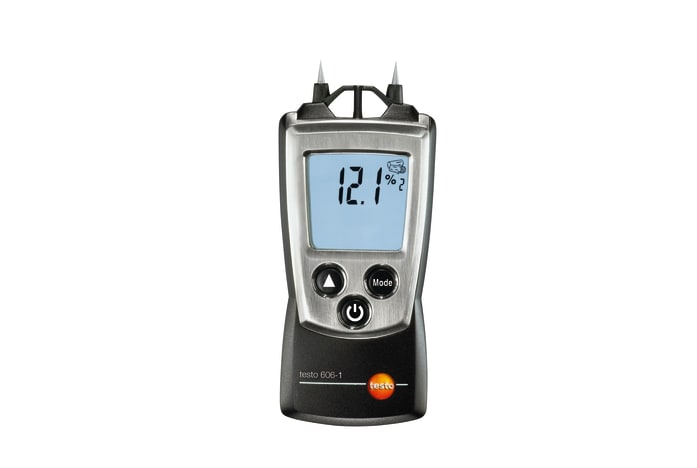Recognizing the Various Kinds Of Moisture Meters and Their Applications
Recognizing the Various Kinds Of Moisture Meters and Their Applications
Blog Article
Look Into the World of Moisture Meters: Every Little Thing You Required to Know
In the world of moisture meters lies a globe of precision and usefulness that often goes unnoticed. These tools, while seemingly straightforward, hold a wealth of info that can dramatically influence numerous industries and applications. Comprehending just how moisture meters operate, the different kinds available, and their diverse usages can clarify their value in ensuring top quality and efficiency. By exploring the intricacies of moisture meters, one can reveal a useful device that goes beyond plain dimension, using insights that can make a substantial difference in countless fields.
How Moisture Meters Work
Moisture meters run by gauging the electric conductivity or capacitance of materials to establish the wetness material present. These meters are indispensable tools throughout numerous industries, consisting of agriculture, building, and woodworking. By using various approaches such as pin-type or pinless innovation, wetness meters provide accurate analyses that aid specialists make educated choices.
Pin-type dampness meters function by placing the sharp pins into the material being tested. The electrical conductivity in between the pins is after that measured, with higher dampness levels causing increased conductivity. Moisture Meter. On the other hand, pinless dampness meters use electromagnetic signals to scan a larger area without creating any damage to the product's surface area. These meters are suitable for rapidly evaluating dampness degrees in big locations or completed products.
No matter the approach made use of, wetness meters play an essential duty in preventing concerns such as mold growth, structural damage, or product problems triggered by excess wetness. Recognizing how these meters job is vital for making sure the quality and integrity of materials in numerous applications.
Sorts Of Moisture Meters
Given the vital role moisture meters play in various sectors, it is necessary to comprehend the different types offered to experts for properly evaluating wetness levels - Moisture Meter. There are primarily 2 primary sorts of wetness meters: pinless and pin-type dampness meters

On the other hand, pinless moisture meters make use of electro-magnetic sensing unit plates to check a larger area of the product without triggering any type of damage. This type is ideal for promptly scanning big locations and is typically made use of for flooring, walls, and ceilings. Pinless meters are hassle-free for taking readings on finished surface areas without leaving any visible marks.
Both kinds of dampness meters have their benefits and are chosen based on the details requirements of the task handy. Understanding the differences in between these kinds is important for specialists to make accurate moisture evaluations.
Applications Throughout Industries
Construction specialists rely on dampness meters to evaluate the dampness levels in structure materials like timber, drywall, and concrete, which is critical for preserving architectural integrity and protecting against problems like rot or mold and mildew. The flooring market makes use of moisture meters to determine the dampness content in subfloors prior to mounting various floor treatments, avoiding pricey problems due to excess moisture. In the food market, dampness meters are made use of to monitor and manage moisture degrees in items such as grains, nuts, and dried out fruits to maintain freshness and top quality.
Tips for Utilizing Wetness Meters
Make use of the dampness meter's calibration setups to make sure precise readings when measuring the moisture web content in numerous products. Furthermore, make sure the meter is set to the appropriate moisture array for the product you are determining to acquire the most precise outcomes.
When making use of a pin-type wetness meter, insert the pins to the appropriate deepness advised for the product being evaluated. This guarantees see page that the moisture analyses are drawn from the correct deepness within the material, providing an extra precise representation of its moisture web content. For pinless wetness meters, remember to keep appropriate contact with the product's surface to obtain trustworthy readings.
On a regular basis check and change the batteries in your moisture meter to stop inaccurate analyses due to reduced power. Shop the meter in a dry and risk-free place when not being used to prolong its life this content expectancy and keep its accuracy. By following these ideas, you can make the most of the efficiency of your moisture meter and obtain precise wetness content dimensions throughout different products.
Upkeep and Calibration
To make certain the precision of dampness material measurements, routine maintenance and calibration of the moisture meter are important steps in its correct functioning. Calibration adjusts the dampness meter to make certain that it gives regular and trustworthy results.
Calibration should be performed occasionally, particularly if the wetness meter is utilized often or in crucial applications where precise dimensions are needed. Numerous dampness meters come with calibration devices or can be adjusted by expert solutions. Moisture Meter. It is suggested to maintain a log of calibration days and results to track the performance of the dampness meter gradually. By calibrating the dampness and preserving meter routinely, users can trust the precision of the moisture web content measurements gotten.
Conclusion

In verdict, moisture meters play an important duty in various industries by precisely determining the dampness web content of materials. Comprehending just how these tools function, the different types available, and appropriate maintenance and calibration are necessary for getting dependable results. Whether in try these out farming, production, or building and construction, the use of moisture meters helps ensure quality assurance and efficiency in processes.

In conclusion, dampness meters play a critical duty in different industries by properly determining the wetness material of materials.
Report this page